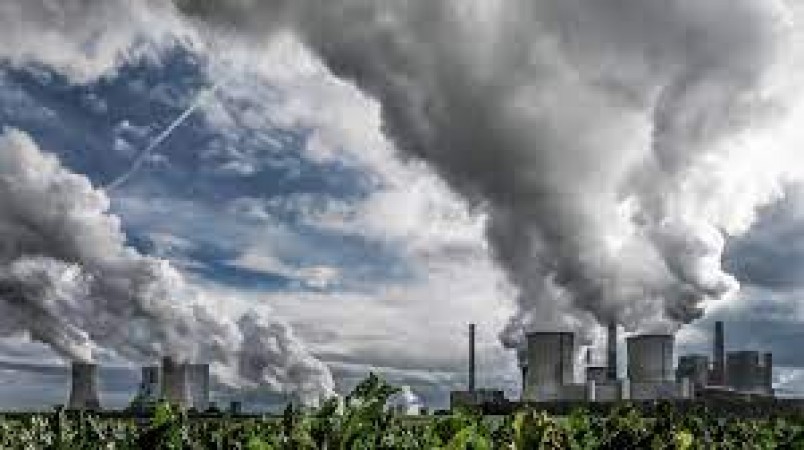
After the Russia-Ukraine war several countries energy supply has been disrupted and some countries has also imposed sanction on the use of energy from Russia. European Union (EU) countries are pursuing a range of replacements, but some of these have environmental drawbacks, while others could take years to be put into use.
Russia is the main supplier of crude oil and natural gas to the EU, and although diversifying away from Russian gas is not unrealistic in the medium term, several technical and political obstacles must be overcome. Energy insecurity in the European Union has two main sources: gaps in the integration of the European energy market, especially in regions such as Central and Eastern Europe, and disruptions of imports.
EU has announced that it plans to slash Russian gas imports by two-third in response to the war in Ukraine. The aim is to significantly reduce reliance on Russian natural gas coming into the bloc by 2023. Around 40 percent of Europe’s oil and gas is imported from Russia and Germany is one of the most reliant EU states.
But somewhat this gap has been filled by the North Sea energy as Norway has overtook the Russia as Europe’s largest piped gas supplier after increasing output to 122 BCM (Billion cubic meters) this year, an increase of 8% compared to 2021, and also opened a new pipeline to Poland in October. With this Environmental advocates worry that investing in new natural gas infrastructure will disincentives the switch to renewable.
Reducing the import of energy from Russia has putted the West in a situation where Germany has now put off closing its remaining three nuclear plants until at least 2023. Several other European countries, including Finland, Spain, and Sweden, have increased their nuclear plants capacities. Economists fear that “forever sanctions” on Russia, and Europe’s reliance on the country’s gas, mean the continent is suffering disproportionately.
International Monetary Fund has indicated that escalations to existing sanctions against Russia from major industrialized nations, particularly if entailing severe restrictions to Russian energy exports, could cascade into even steeper energy price increases, deteriorating corporate and household sentiment and financial market disruption. IMF projected that such a sequence of events may depress its global growth forecast by as much as 2%.
EU has rolled out an ambitious renewable energy plan that it hopes will achieve two goals: reducing emissions and eliminating the need for Russian fossil fuels. The EU plan of renewable energy is termed as ‘RePowerEU’ and has looking to achieve 45% of the bloc’s energy by 2030. EU has further pledged to invest in infrastructure for hydrogen and bio methane, these are cleaner alternatives to gas, while doubling wind and solar capacity.
How one neighbourhood in Aleppo has resisted Assad's siege
Scholz of Germany will reveal the Ukraine tank plan to the legislature
widespread opposition to the Danish government's plans to abolish holidays